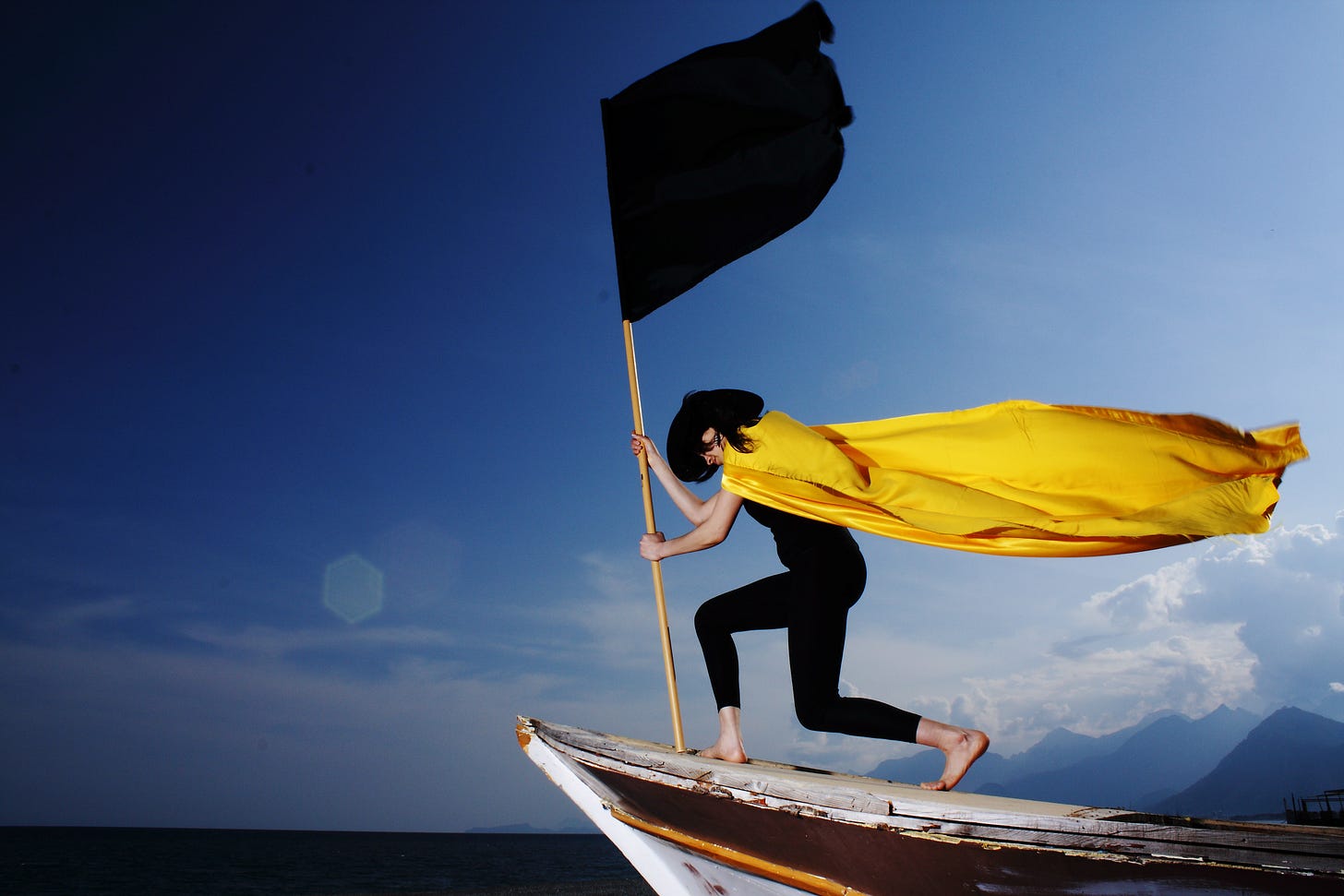The other evening, like many of us, I watched the primetime television edition of the January 6th Congressional Hearing on the insurrection at the Capitol and former President Trump’s role in it. Along with outrage, disgust, and dread, another more unlikely emotion emerged as I watched the coverage unfold.
Gratitude.
Odd, you might think.
Let me explain.
Earlier in the day I was reading about Ernest Hemingway. It was his birthday, July 21. There were plenty of remembrances and tributes to read online. I found a poem Charles Bukowski had written about him, one I had not read before. It recognized the great writer’s flaws, but celebrated him still. There was an article from The New Yorker about a trip Hemingway had taken to New York City with his last wife, Mary in the mid 1950s. Black-and-white photos of him appeared on my Instagram feed over and over. Iconic ones, along with ones I had never seen before. As a former Writer-in-Residence at the Ernest Hemingway Birthplace Home in Oak Park, Illinois, I thought I had read and seen nearly everything about the man, a man I have called a personal hero, for lack of a more appropriate description.
Those who know me and my writing, are aware of my respect for Hemingway's work. But the same respect for the man, well, that's a complicated relationship. He certainly had his issues. But don’t we all. Still, on his birthday old Ernie and my relationship with his legacy got me thinking about the meaning of heroes and why we have them; and why, maybe, we need them more than ever.
Should Hemingway be thought of as a true hero? Tough question. I've probably had dozens of heroes in my lifetime of varying degrees at different phases in my life from various corners, ones many others have shared as heroes, many with their own flaws, and many certainly recognizable: Robert Kennedy, Jack Kerouac, Henry David Thoreau, Gandhi. Some heroes have been nameless. Protestors in the crowd. Unknowns who sacrificed their lives at the Twin Towers; firefighters who ran into the flames, not away. My father was a hero, too. A man who vowed to be a better man than his own estranged father and accomplished it many times over. My sons who grew and thrived past medical setbacks and emotional stress that could have derailed them and instead made them stronger. My wife, a stage-four cancer survivor who never lost her unmistakeable gusto for living, who remains a shining beam of perseverance and gratitude.
The word “hero" comes from the ancient Greeks. A hero was defined as a mortal who accomplished sometime so far beyond normal human experience that when he died he left behind an undiminished and unforgettable memory so strong that it changed forever those who remained. Maybe that is still true in some respects. But I wonder.
A poll of American teenagers conducted a few years ago found only about half of them could name someone as a personal hero in their lives. Gandhi and Marin Luther King Jr. were in the running, but Superman and Spiderman were named twice as often. More than half named an athlete or a movie star. Undoubtedly there was a TikTok celebrity in there, too.
It’s tough to have heroes these days. In a world of shiftless corporate bosses, baseball players on steroids, and politicians who live by the lie, cynicism easily overshadows any chance at any level of heroism no matter one’s definition. And even if you are brave enough to reveal your hero, there’s a good chance that cultural skepticism is going to dilute any good a hero might offer.
But then there are the January 6th hearings.
Are you looking for a hero? Look to the U.S. Capitol. Look to the chamber where Liz Chaney, U.S. Representative from Wyoming, one of the “Trumpiest” states in the Union, and Adam Kinzinger, U.S. Representative from Illinois bravely shared investigative revelations about a man who disregarded democracy. Two Republicans holding forth before a Democrat-controlled committee to denounce the actions of a detached and unhinged president from their own party. Two who stood above the cowardice and the blind eye of most of the other congressional members of their party. Two who risked and continue to risk their careers for something bigger than all of us. We should all be grateful for them. Cheney and Kinzinger may not be on the level of Mother Theresa or Gandhi, but they are unmistakably heroes.
Someone said or wrote somewhere that the most important contribution of a hero is to expand our sense of possibility, big or small, at the exact time we need them to do so.
Maybe old Ernie had it right. “As you get older, it is harder to have heroes,” he once said, “but it is sort of necessary."
Photo: Engin Akyurt





Agreed. I too feel gratitude when watching Cheney et al. Their willingness to do the moral thing gives me hope amid darkness.